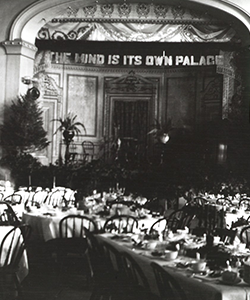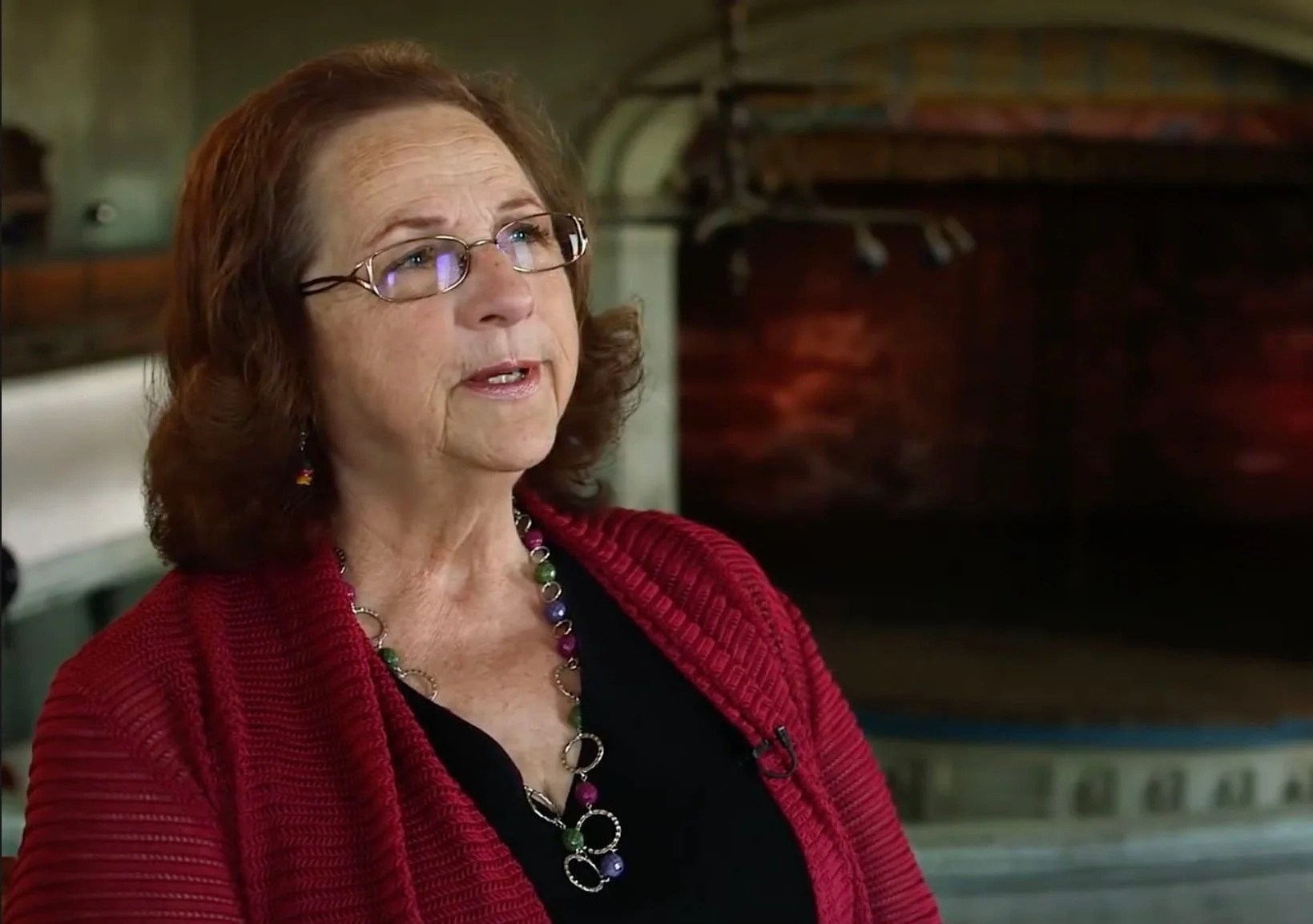
The History of the Opera House
In 1881, a three-story late Victorian building was constructed in downtown Howell as a community opera house. On December 30th of the same year, the opera house stage opened with its first performance. Before the theater was closed in 1924 by the local fire marshal, the theater was the center of entertainment for the community offering a variety of live shows, speeches, dinners, graduation ceremonies, plays, and many other leisure activities of the era.
The Architect
Designed by notable Detroit architect Almon C. Varney, the building held retail spaces on the first floor with the theatre and balconies above.
Prior to 1938, a center entry on the front of the building opened to a wide staircase that led to the second floor theater.
E.D. Stairs
From 1885-1892, E.D. Stair managed the theatrical house. He later went on to acquire the Detroit Free Press and Garrick Theatre.
New management took over in 1893 and the building was sold to Arthur Garland. He used part of the main floor for the manufacture of custom-tailored suits that were shipped nationally.
The 800 seat theatre, which cost $11,000 in 1880 to build, was a central part of Livingston County life. It did double duty as a civic auditorium and served shortly as a temporary home for the Livingston County Circuit Court. The lower level was always some type of retail, be it hardware or clothing store.
43 years of Entertainment
When the theatre was closed in 1924, it brought an end to nearly 43 years of entertainment for the community.
People once came from miles around to see jugglers; hear speeches from the likes of presidential candidate William Jennings Bryan and industrialist Henry Ford; enjoy dinner theatre and parties; and see a variety of productions such as Gilbert and Sullivan’s “Mikado” and Shakespeare’s “Hamlet.”
The Opera House Today
Today, the completely renovated first floor is utilized for a variety of public and private activities but the upper floor theatre and balconies remain in a time capsule.
The Livingston Arts Council offers free public tours of the theater throughout the year and it is used exclusively by the Livingston Arts Council in a limited manner.







